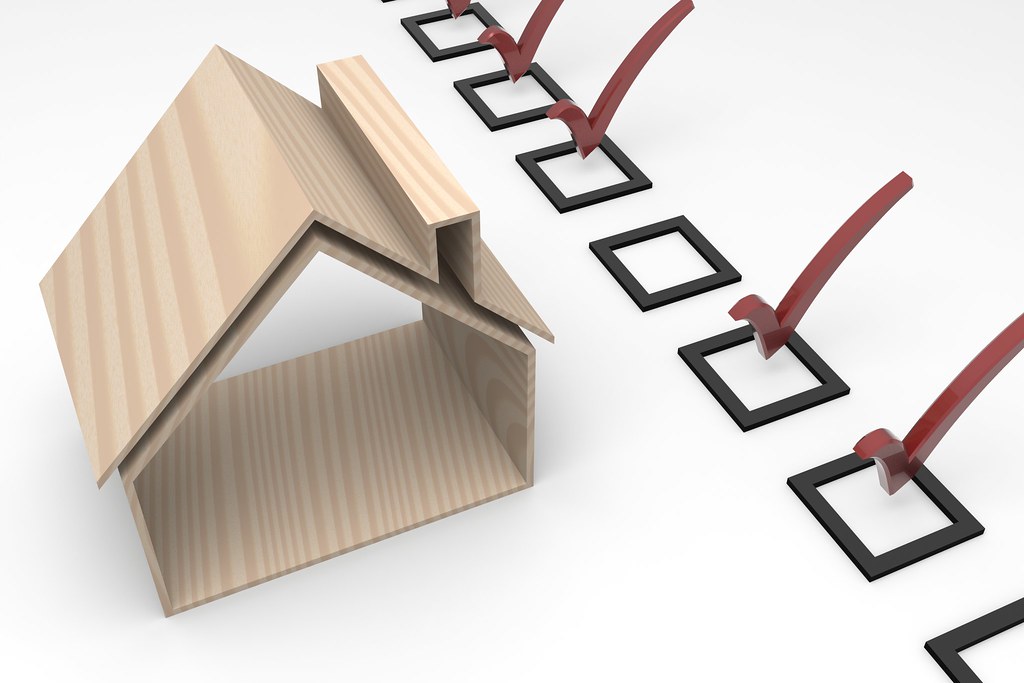
Buying your first home is an important step towards independence. It's a way to start your own family and begin traditions of your own. Your home is likely the largest investment that you'll make, so it's important that it's protected with a home insurance policy. There are some tips to follow so that you get the best insurance policy possible for your budget and the coverage that you need for your belongings.
Research
Do a bit of research before selecting a company. Talk to the people who work at the office and those who already use the company to see how claims are handled and how the customer service is provided. Look at the limits that are offered along with the various coverage amounts and the deductibles before making a final selection. An insurance adjuster, such as one with Blue Lion Insurance Advisors, LLC , is sometimes the best person to talk to if you want to find the best companies to work with.
Location
When you think about the coverage that is offered by the company, you want to look at the location of your home compared to the fire department or police station. If your home is located in a rural setting where it's not near emergency services, then your rates might be a bit higher because it would take longer for assistance to arrive to save the home or protect the belongings inside. Homes in locations where natural disasters are prominent also see higher rates.
Getting Discounts
Look at the companies that offer discounts. These discounts could be for someone like yourself who is a first-time home buyer. There are also discounts for adding security measures to the home, such as an alarm system. Any kind of weather safety that you can add will usually bring your rates down as well. Discounts are sometimes offered for a higher credit score, so it's important to build your credit as much as possible before buying a home.
History of the Home
If you aren't building the home, you need to get a complete history before you sign the papers. The report will give details about any kind of damage that the home has sustained. This information might mean that your policy is higher than if there hadn't been any damage in the past. You also need to look at the age of the electrical system, the roof and other components that could mean significant damage to the home if anything were to go wrong.
When it comes to insuring your home, you want to have the best policy that you can find. Talk to other home owners to see what company they work with. Before you get coverage, you need to look at several mitigating factors that could easily change the rates you pay before you even get the policy started.
Hannah Whittenly is a freelance writer and mother of two from Sacramento, CA. She enjoys kayaking and reading books by the lake.

